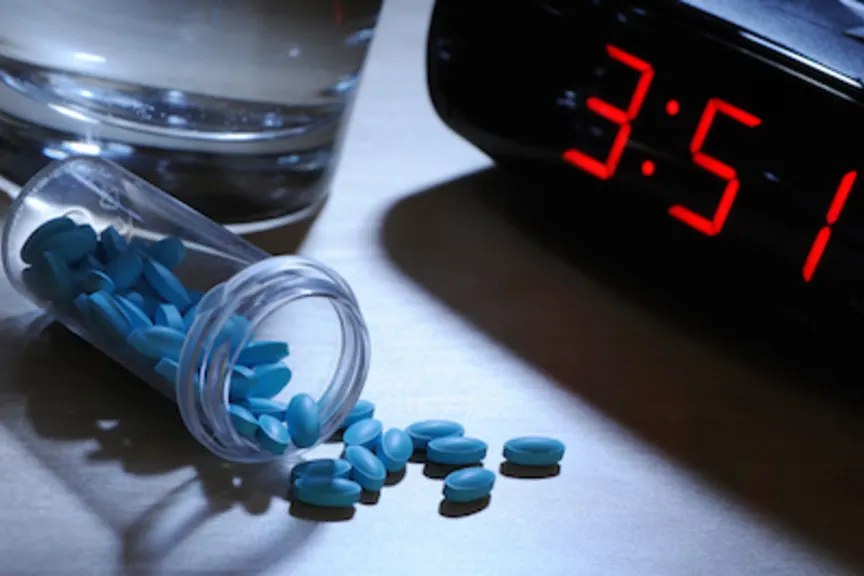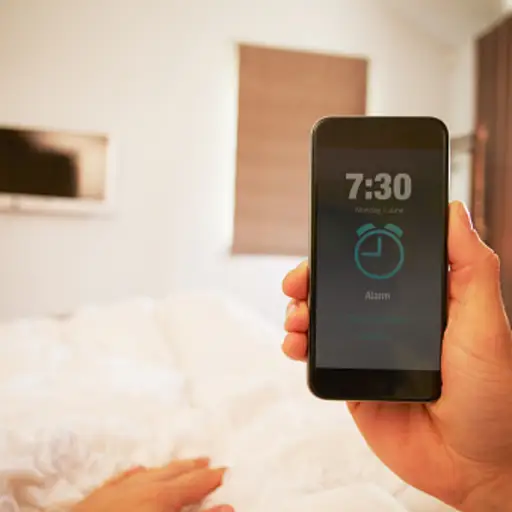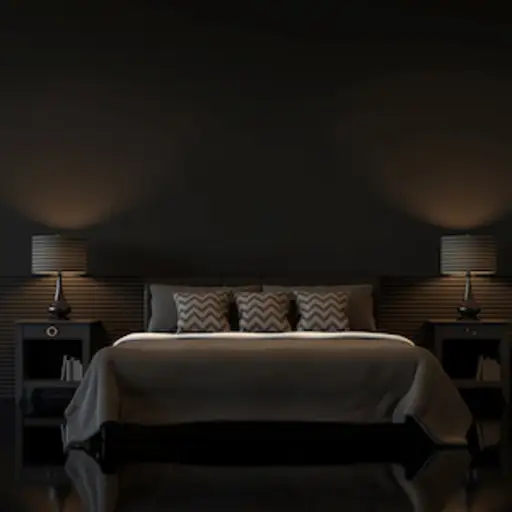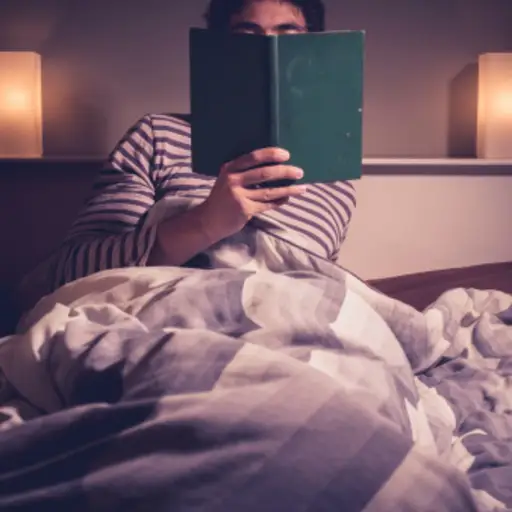Seven Alternatives to Sleeping Pills for Insomnia

Since sleeping pillscome with a number of side-effects, they should not be thought of as a long-term insomnia treatment. Fortunately, there are a number of techniques you can try at home to improve your sleep without sleeping pills. Here are seven alternatives that you can try, starting today.

Limit your time in bed
Many people don't actually need a full 8 hours of sleep each night. Studies suggest that many adults only sleep for 6 or 7 hours a night. If you sleep somewhere between 5 and 7 hours and wake up feeling rested and ready to start your day, don't force yourself to stay in bed for a specific length of time.

Consistent sleep schedule
Try going to bed and waking up at the same time every day of the week. If you stay in bed longer on the weekends because you don't need to get up and go to work, you are actually throwing off your internal body clock. This can make it more difficult to fall asleep the following night.

Sleep in a dark room
Turn off any sources of light in your bedroom, including televisions, computers and phones. Use room-darkening shades to make your resting place as dark as possible. Blackout shades also have an added benefit of insulating your windows from cold and heat; this can help keep you at a comfortable temperature for sleep.

删除or drown out noises
If you regularly hear traffic, barking dogs, noisy neighbors or other outside noises, mask the sounds so your bedroom is quiet and peaceful. Look into white noise applications for your smartphone or a standalone white noise machine. For a less expensive solution, you can turn on a fan or tune a radio into static to drown out distracting noises.

Limit caffeine and alcohol
Eliminating both caffeine and alcohol before bedtime can help you get a more restful night's sleep. Simple as that.

Expert tip:
Try to avoid all caffeinated drinks (don't forget that tea, many sodas and even chocolate can contain caffeine)from noon onwards, anddon't drink alcohol within 4 hours of bedtime. Alcohol may make you feel drowsy but once the alcohol levels in your blood begin to fall it creates a stimulant effect.

Avoid large meals at night
Large or heavy foods at night can make it hard to go to sleep and stay asleep. Try a smaller meal at night and follow-up with a healthy small snack before bedtime to avoid indigestion that can rob you of your sleep.

Quiet your mind
If you lie down to sleep and thoughts keep swirling around in your mind, try to relax. Some people find stretching, reading a book, or light exercise such as yoga or meditation clears the mind. Above all, do not lie in bed looking at the clock and worrying about the sleep you're missing. This causes even more stress that can make sleep more difficult.
Martin is the creator of Insomnia Coach, an eight-week course that combines online sleep education with individual sleep coaching. His course helps clients improve their sleep so they can enjoy a better life with more energy and start each day feeling happy, healthy, rested, and refreshed. Martin also runs a free sleep training course that has helped over 5,000 insomniacs. He holds a master’s degree in health and wellness education and studied clinical sleep health at the University of Delaware.

